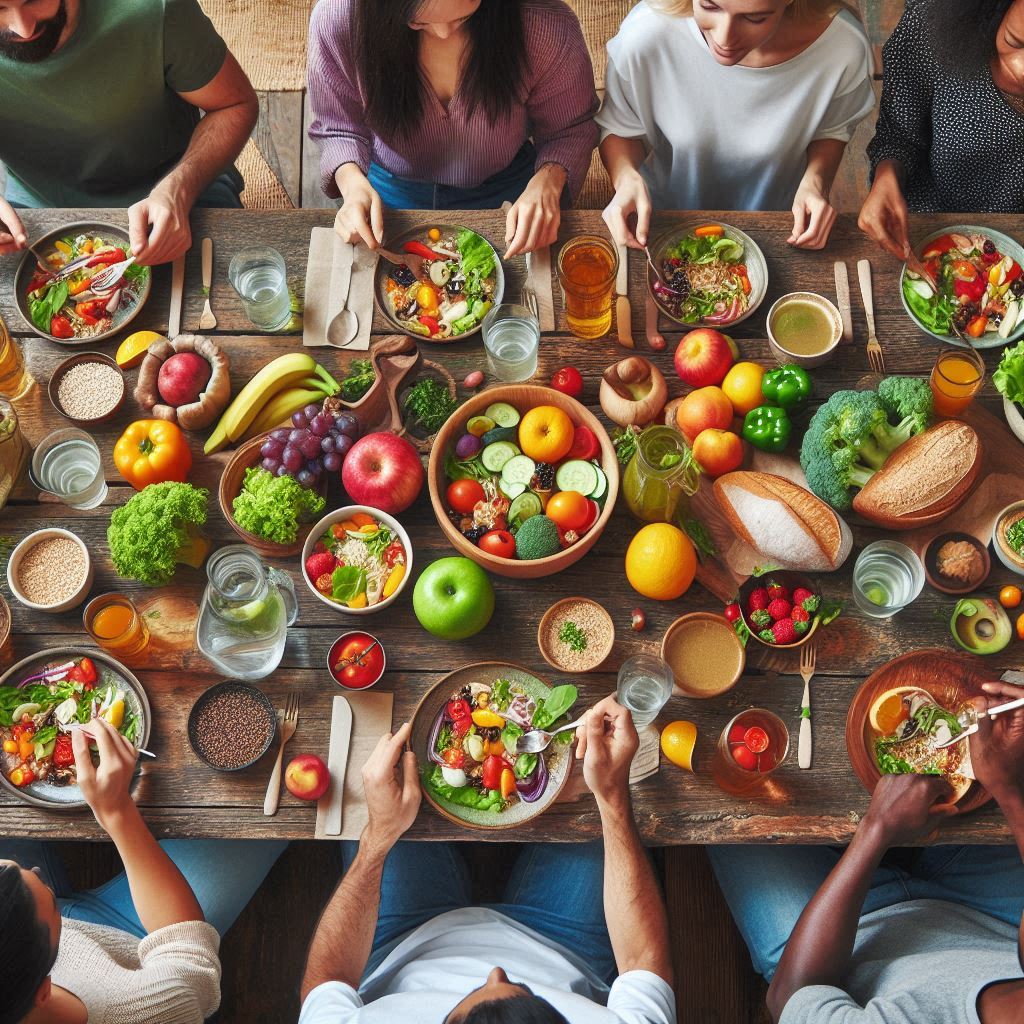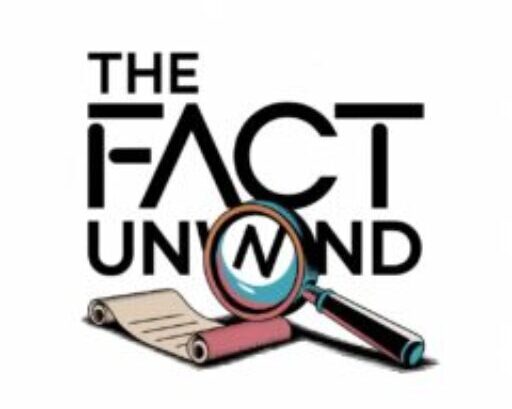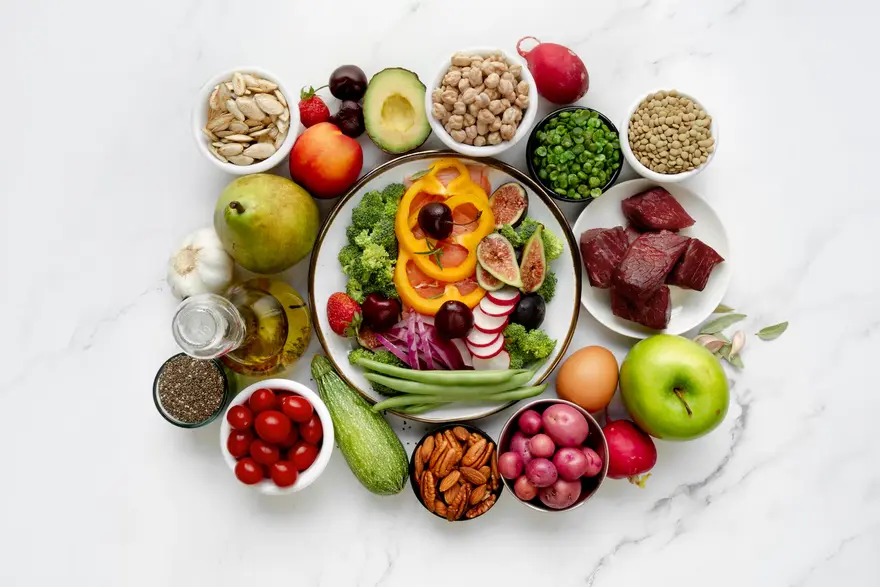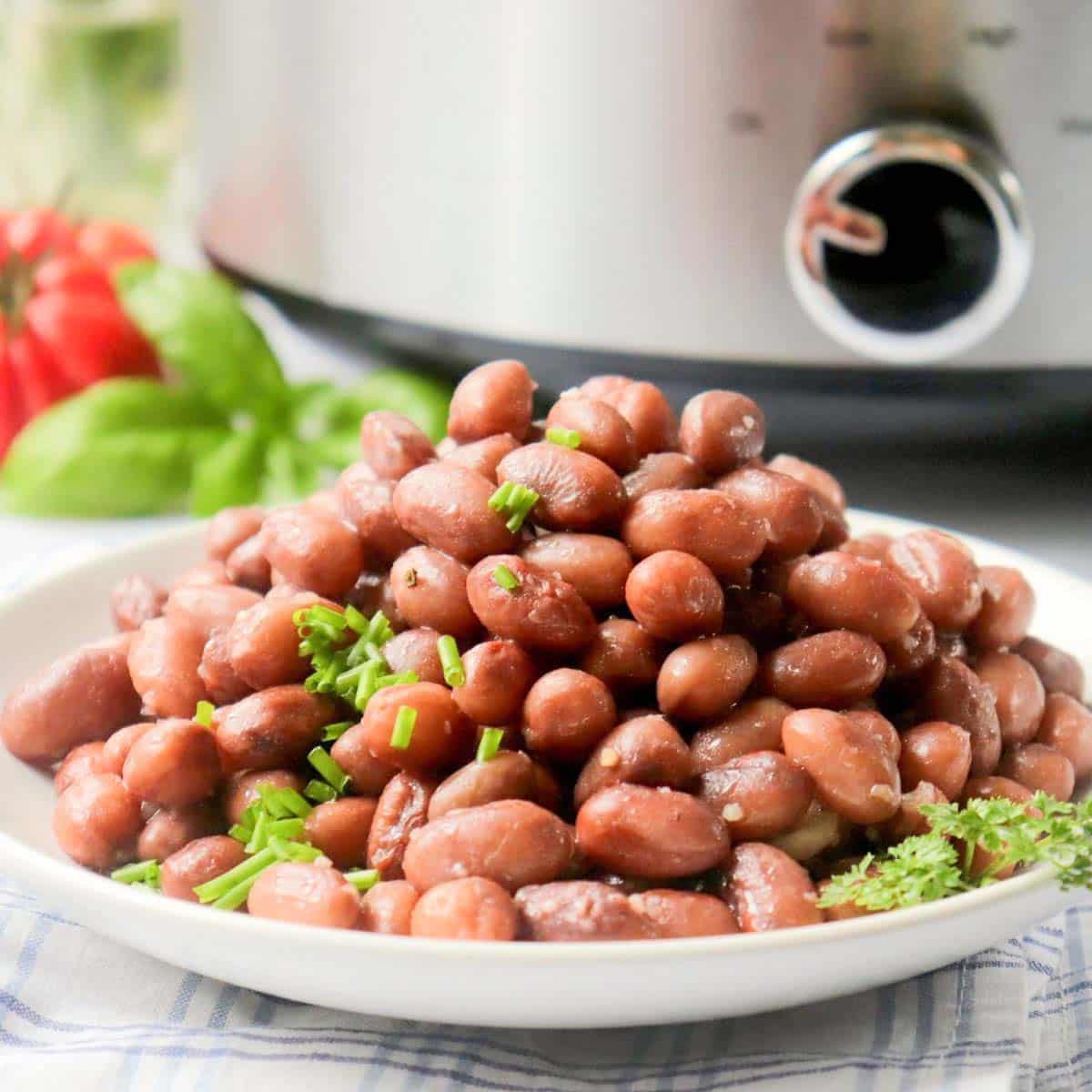
- Introduction
- What is Nutrition?
- Why Does Nutrition Matter?
- The Essential Nutrients
- Balanced Diet – Getting All the Nutrients We Need
- Examples of Good Nutrition in Everyday Life
- Why Not All Foods Are Healthy
- Making Healthy Choices
- How Nutrition Affects Our Future
- Quotes on Nutrition
- Fun Facts about Nutrition
- Conclusion
Introduction
Nutrition is all about the food we eat and how it helps our bodies stay healthy and strong. Just like a car needs fuel to run, our bodies need food to work well. Food gives us energy, helps us grow, and keeps us from getting sick. Without proper nutrition, we would feel tired, get sick easily, and have trouble focusing on things we love to do. That’s why learning about nutrition is so important!
What is Nutrition?
Nutrition is the study of what we eat and how it affects our body. Our food is made up of many different nutrients that help our bodies grow and stay healthy. Imagine you are building a house. You would need bricks, wood, nails, and paint to build it properly. Similarly, our bodies need different nutrients to grow and stay strong. These nutrients come from the food we eat every day.
The food we eat can be divided into different groups based on the nutrients they provide. Some nutrients give us energy, while others help build muscles or fight off germs that make us sick. It’s like how each part of a team has a specific job to make the game go well!
Why Does Nutrition Matter?
Nutrition is super important because it helps us stay healthy in many ways. Here are some reasons why:
- Growth and Development: Nutrition is especially important for children and teens because it helps their bodies grow. Good nutrition gives us the right nutrients, like calcium and protein, to build strong bones and muscles.
- Energy for Activities: Our bodies need energy to walk, play, study, and even sleep! Foods rich in carbohydrates, like rice, bread, and potatoes, provide the fuel we need for all these activities.
- Preventing Illness: Certain nutrients, like vitamins and minerals, keep our immune system strong, so we don’t get sick as easily. For example, vitamin C, found in oranges and strawberries, helps us fight colds and other infections.
- Better Mood and Focus: Good nutrition can even affect how we feel. When we eat the right foods, we have better concentration and feel happier. Studies show that foods high in omega-3 fatty acids, like fish and nuts, are good for our brain health.
The Essential Nutrients
There are six essential nutrients our bodies need: carbohydrates, proteins, fats, vitamins, minerals, and water. Each of these nutrients has a special role in helping our body work properly.
- Carbohydrates: Carbohydrates are the main source of energy. They are like the fuel our bodies need to keep moving. Foods like pasta, bread, rice, and fruits are rich in carbohydrates.
- Proteins: Proteins are the building blocks of our body. They help repair cells, build muscles, and make us strong. Foods rich in protein include meat, eggs, beans, and nuts. If you’ve ever been told that “protein helps you grow big and strong,” that’s because proteins help build every part of our body!
- Fats: Even though some people think fats are bad, they are actually important for our body when eaten in the right amounts. Fats provide long-lasting energy and help protect our organs. Healthy fats can be found in foods like avocados, nuts, and olive oil.
- Minerals: Minerals are elements our body needs to stay healthy. Iron helps our blood carry oxygen, while calcium helps build strong bones and teeth. You can find minerals in foods like dairy products, green leafy vegetables, and red meat.
- Water: Water might not give us energy like food, but it’s essential for our survival. Water helps regulate our body temperature, carries nutrients, and removes waste from our body. That’s why doctors say we should drink plenty of water every day.
- Vitamins: Vitamins are like tiny helpers that our body needs to do its daily jobs. Each vitamin has its own special job. For example, vitamin A, found in carrots and sweet potatoes, is good for our eyesight, while vitamin D helps our bones stay strong.
People require small amounts of different vitamins. Some, like vitamin C, act as antioxidants, which help shield cells from harm by eliminating toxic molecules called free radicals from the body.
Vitamins are categorized as:
- Water-soluble: Includes the eight B vitamins and vitamin C
- Fat-soluble: Includes vitamins A, D, E, and K
Water soluble vitamins
People need to consume water-soluble vitamins regularly because the body removes them more quickly, and it cannot store them easily.
| Vitamin | Effect of too little | Effect of too much | Sources |
| B-1 (thiaminTrusted Source) | BeriberiWernicke-Korsakoff syndrome | Unclear, as the body excretes it in the urine. | Fortified cereals and rice, pork, trout, black beans |
| B-2 (riboflavinTrusted Source) | Hormonal problems, skin disorders, swelling in the mouth and throat | Unclear, as the body excretes it in the urine. | Beef liver, breakfast cereal, oats, yogurt, mushrooms, almonds |
| B-3 (niacinTrusted Source) | Pellagra, including skin changes, red tongue, digestive and neurological symptoms | Facial flushing, burning, itching, headaches, rashes, and dizziness | Beef liver, chicken breast, brown rice, fortified cereals, peanuts. |
| B-5 (pantothenic acidTrusted Source) | Numbness and burning in hands and feet, fatigue, stomach pain | Digestive problems at high doses. | Breakfast cereal, beef liver, shiitake mushroom, sunflower seeds |
| B-6 (pyridoxamine, pyridoxalTrusted Source) | Anemia, itchy rash, skin changes, swollen tongue | Nerve damage, loss of muscle control | Chickpeas, beef liver, tuna, chicken breast, fortified cereals, potatoes |
| B-7 (biotinTrusted Source) | Hair loss, rashes around the eyes and other body openings, conjunctivitis | Unclear | Beef liver, egg, salmon, sunflower seeds, sweet potato |
| B-9 (folic acid, folateTrusted Source) | Weakness, fatigue, difficulty focusing, heart palpitations, shortness of breath | May increase cancer risk | Beef liver, spinach, black-eyed peas, fortified cereal, asparagus |
| B-12 (cobalaminsTrusted Source) | Anemia, fatigue, constipation, weight loss, neurological changes | No adverse effects reported | Clams, beef liver, fortified yeasts, plant milks, and breakfast cereals, some oily fish. |
| Vitamin C (ascorbic acidTrusted Source) | Scurvy, including fatigue, skin rash, gum inflammation, poor wound healing | Nausea, diarrhea, stomach cramps | Citrus fruits, berries, red and green peppers, kiwi fruit, broccoli, baked potatoes, fortified juices. |
Fat-soluble vitamins
The body absorbs fat-soluble vitamins through the intestines with the help of fats (lipids). The body can store them and does not remove them quickly. People who follow a low-fat diet may not be able to absorb enough of these vitamins. If too many build up, problems can arise.
| Vitamin | Effect of too little | Effect of too much | Sources |
| Vitamin A (retinoidsTrusted Source) | Night blindness | Pressure on the brain, nausea, dizziness, skin irritation, joint and bone pain, orange pigmented skin color | Sweet potato, beef liver, spinach, and other dark leafy greens, carrots, winter squash |
| Vitamin DTrusted Source | Poor bone formation and weak bones | Anorexia, weight loss, changes in heart rhythm, damage to cardiovascular system and kidneys | Sunlight exposure plus dietary sources: cod liver oil, oily fish, dairy products, fortified juices |
| Vitamin ETrusted Source | Peripheral neuropathy, retinopathy, reduced immune response | May reduce the ability of blood to clot | Wheatgerm, nuts, seeds, sunflower and safflower oil, spinach |
| Vitamin KTrusted Source | Bleeding and hemorrhaging in severe cases | No adverse effects but it may interact with blood thinners and other drugs | Leafy, green vegetables, soybeans, edamame, okra, natto |
Multivitamins are available for purchase in stores or online, but people should speak to their doctor before taking any supplements, to check that they are suitable for them to use.
Balanced Diet – Getting All the Nutrients We Need
Eating a balanced diet means eating a variety of foods from each food group so that we get all the nutrients we need. It’s like creating a colorful plate full of different foods! A balanced diet usually includes:

- Fruits and Vegetables: These are full of vitamins, minerals, and fiber.
- Grains: Foods like rice, pasta, and whole-grain bread give us energy.
- Protein: This includes meat, fish, eggs, and plant-based sources like beans and nuts.
- Dairy: Milk, cheese, and yogurt provide calcium and vitamin D for strong bones.
Eating a variety of foods not only keeps our body healthy but also makes our meals more interesting and enjoyable!
Examples of Good Nutrition in Everyday Life
Imagine a day when you eat a nutritious breakfast of oatmeal with fruit, a lunch with rice, vegetables, and chicken, and a dinner of pasta with vegetables and a small dessert. This day has a balance of carbohydrates, proteins, and fats, along with vitamins and minerals from the fruits and vegetables.
Another example could be a healthy snack, like apple slices with peanut butter. The apple provides fiber and vitamins, while the peanut butter has protein and healthy fats, making it a great, balanced snack.
Why Not All Foods Are Healthy
While there are many nutritious foods, some foods are not so healthy if we eat too much of them. Sugary drinks, candy, chips, and fast food often contain a lot of sugar, salt, and unhealthy fats. These foods can give us quick energy, but they don’t have many nutrients. That’s why it’s better to eat these foods in small amounts and choose healthier options most of the time.
As the saying goes, “You are what you eat,” meaning the food we choose has a big effect on our health and well-being.
Making Healthy Choices
Eating healthy doesn’t mean we can’t enjoy treats. It’s all about balance! Here are some simple tips for making good choices:
- Choose Whole Foods: Whole foods like fruits, vegetables, and whole grains are always a good choice because they are full of natural nutrients.
- Drink Water: Instead of sugary drinks, water is the best way to stay hydrated and healthy.
- Watch Portion Sizes: Eating too much of anything, even healthy food, can be bad. It’s good to eat until we’re satisfied, not stuffed.
- Listen to Your Body: Our body tells us when we’re hungry and when we’re full. It’s important to listen and eat mindfully.
How Nutrition Affects Our Future
Good nutrition not only makes us feel good today but also keeps us healthy as we grow. Studies show that kids who eat balanced meals have more energy, do better in school, and grow up to be strong and healthy adults. Eating healthy from a young age builds good habits that can last a lifetime.
Quotes on Nutrition
Here are a few quotes that remind us why nutrition is so important:
- “Let food be thy medicine and medicine be thy food.” – Hippocrates
- This means that food can keep us healthy and protect us from illness.
- “An apple a day keeps the doctor away.”
- This old saying reminds us that healthy eating can keep us feeling well.
- “We are what we eat.”
- This quote means that our health and energy depend on the food choices we make.
Fun Facts about Nutrition
- Did you know? Carrots are not only good for your eyes; they were once used as medicine in ancient Greece!
- Bananas are berries! Surprisingly, bananas are considered berries, while strawberries are not.
- Broccoli has more protein than steak! While it’s hard to eat as much broccoli as steak, per calorie, broccoli has more protein than beef.
Conclusion
Nutrition is a powerful tool that can help us stay healthy, grow strong, and live long, happy lives. By eating a balanced diet filled with fruits, vegetables, proteins, grains, and water, we give our bodies the best chance to thrive. Remember, eating healthy doesn’t have to be boring—it’s fun to explore different foods and try new recipes. And always remember the wise words: “Healthy eating is a journey, not a destination!”








